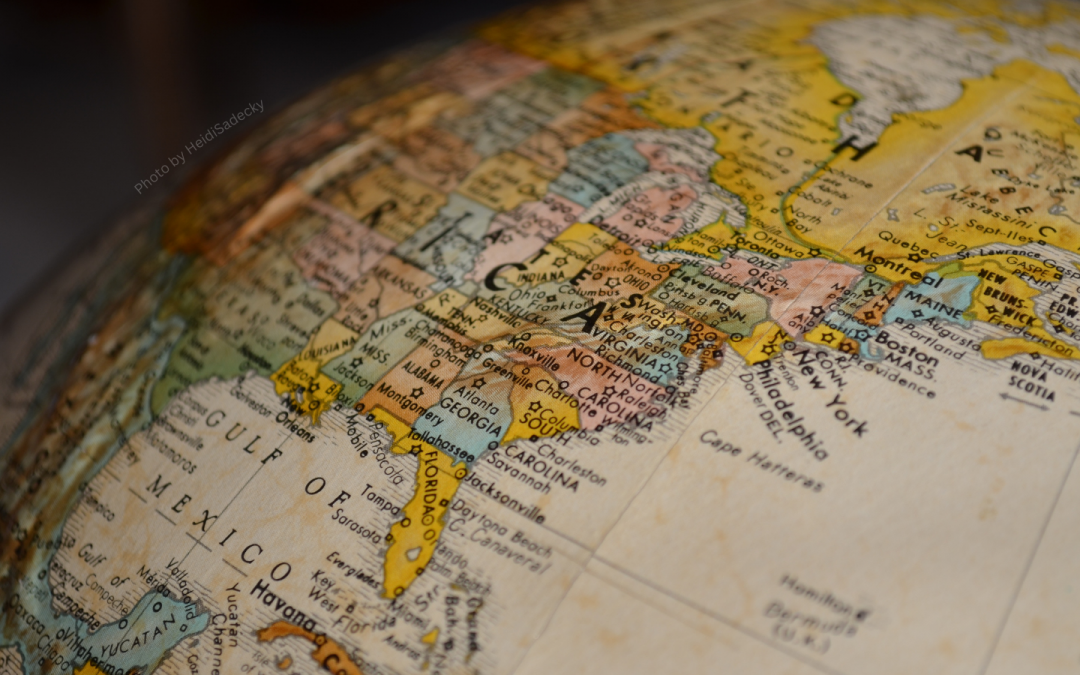January 28th, 2025 | CBC News via UVic News
Amidst the recent wave of changes in the U.S., Google has announced plans to update its maps, renaming the “Gulf of Mexico” to the “Gulf of America” for U.S. users, following the federal government’s directive. This decision, influenced by the Trump administration, has ignited discussions across various platforms, highlighting the political significance of place names. An article published by the CBC emphasizes that place names carry real political weight and can signal major societal changes, with Google Maps adapting to political currents and user preferences.
Dr. Reuben Rose-Redwood, a Professor of Geography and director of the Critical Geographies Research Lab at the University of Victoria (UVic), was asked to comment on this issue due to his expertise in the political implications of place names. He highlighted the importance of critically evaluating how maps are made, emphasizing that names hold significant power. Dr. Rose-Redwood cautioned against rushing to adopt changes that might not endure, reflecting the transient nature of political currents and the need for thoughtful consideration in cartographic practices.
At UVic, Dr. Rose-Redwood’s work delves into the intersection of geography, politics, and social change. His research explores how place names and spatial representations influence societal perceptions and power dynamics. With a focus on critical human geography, he examines the ways in which cartographic practices and naming conventions can shape political landscapes and public consciousness. His expertise and thought leadership continue to shed light on the profound impact of geographic names in our world.
To read more about Dr. Rose-Redwood’s research on critical human geography, politics, and social change, check out UVicSpace, our institutional repository!

